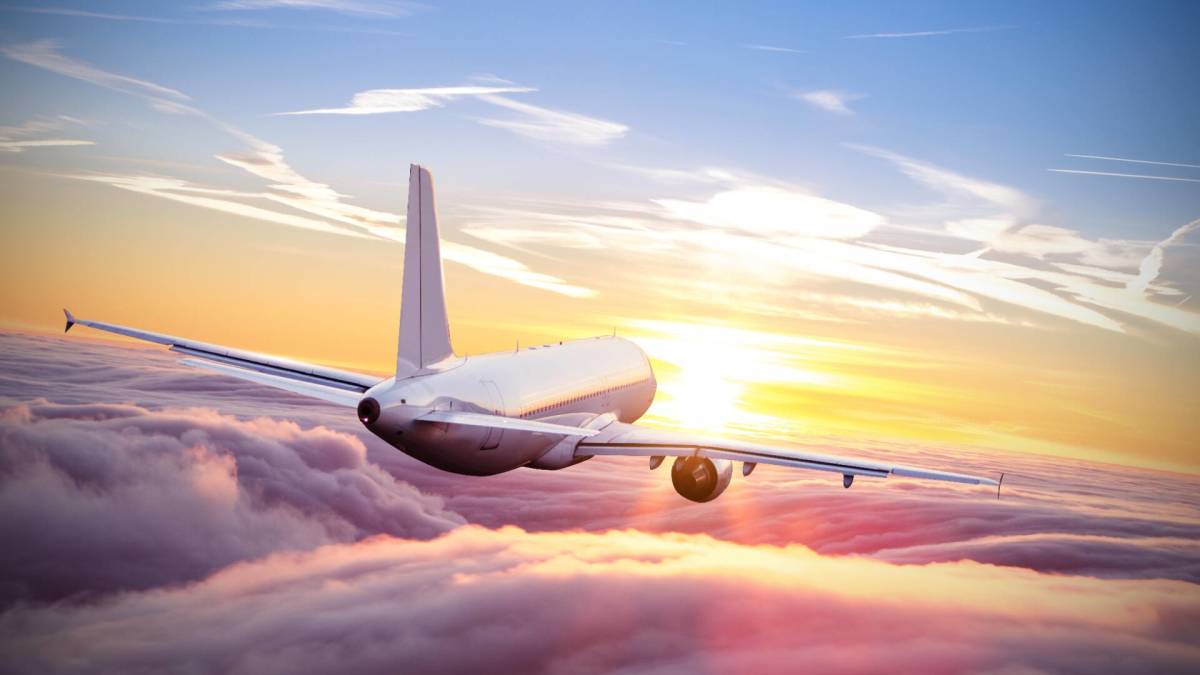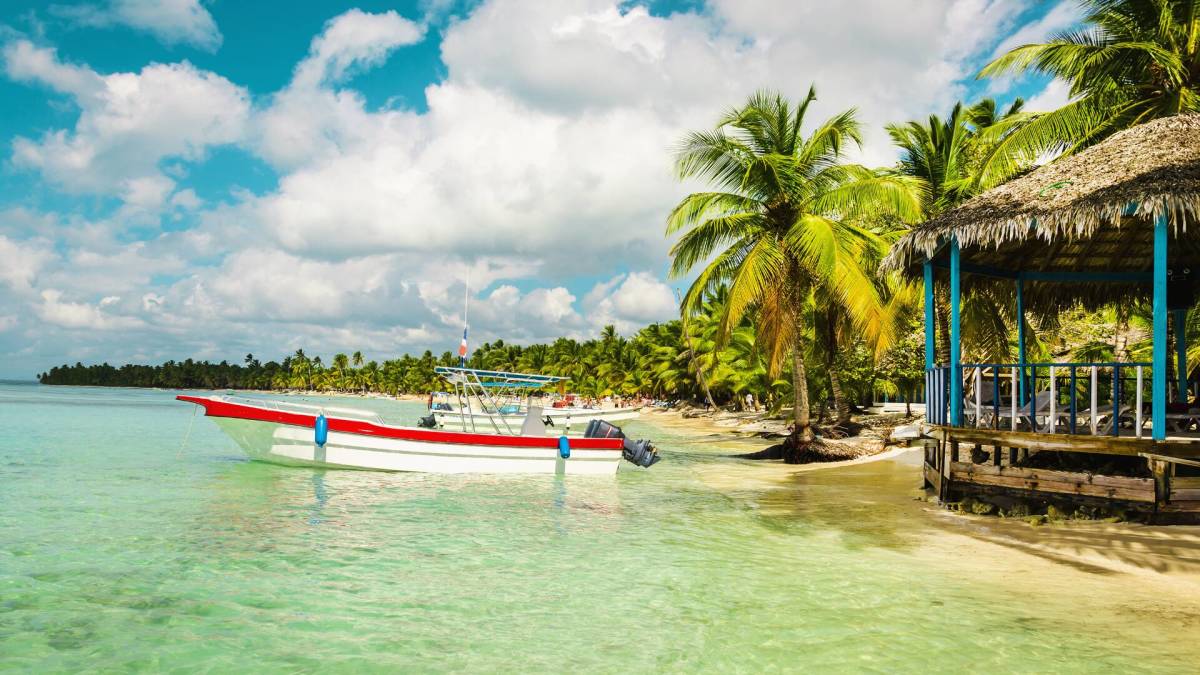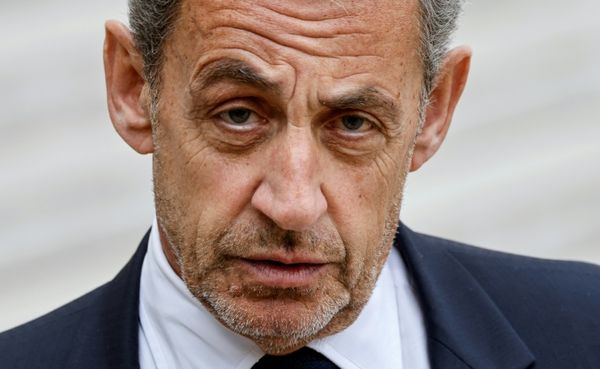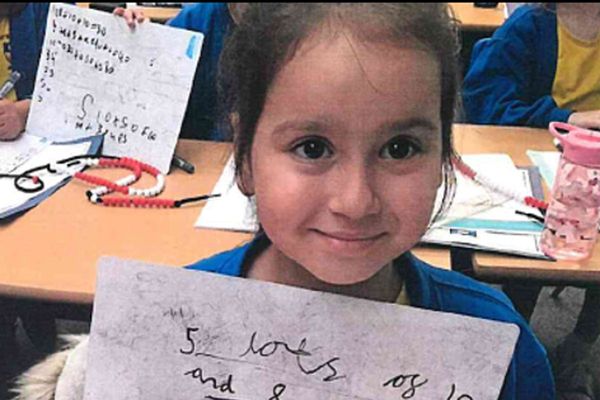
Ever since rival gangs freed up the country’s largest prison for help in a coup against prime minister Ariel Henry last spring, the Caribbean state of Haiti has been in a state of chaos.
While there has been consistent risk of kidnappings and on-the-ground gun violence (the State Department has had Haiti at a level four “do not travel advisory” for months), the situation escalated dramatically when a Spirit Airlines (SAVE) plane coming in from Fort Lauderdale was hit by gunfire when attempting to land at Port-au-Prince’s Toussaint Louverture International Airport on Nov. 11.
One flight attendant suffered minor injuries during the incident.
Don't miss the move: SIGN UP for TheStreet's FREE daily newsletter
Related: Spirit, JetBlue and American cancel Haiti flights after planes hit by gunfire

Shutterstock
This is the backstory on how Haiti became too dangerous to fly into
The air crew on a JetBlue Airways (JBLU) flight from New York also discovered that the aircraft was grazed by gunfire while landing on the same day. An initial investigation found that local gangs were attempting to prevent foreigners from coming in during the ascension of new prime minister Alix Didier Fils-Aimé.
With all these incidents significantly shaking up both passengers and the executives and agencies responsible for their safety, the Federal Aviation Administration (FAA) issued an emergency ban on U.S. airlines flying into Haiti’s airspace for 30 days starting from Nov. 13.
The order reads that there can be no "U.S. civil aviation operations in the territory and airspace of Haiti below 10,000 feet" of the country. The Spirit flight was just 550 feet above the runway when it was forced to divert to nearby Dominican Republic (the country shares one half of the wider Hispaniola island with Haiti).
Related: Here's what's happening at Royal Caribbean's Labadee, Haiti port
Haiti remains under Level Four travel advisory amid escalating violence
Spirit, JetBlue and American Airlines (AAL) (another airline that ran some flights to Haiti from the U.S.) had already canceled all their flights to the country as a precautionary measure.
More on travel:
- Another National Park just made it more difficult for you to visit
- Delta Air Lines makes a baggage change that travelers will like
- United Airlines passenger incident triggers quick response
"The safety of our guests and team members is our top priority, and we have suspended our service at Port-au-Prince (PAP) and Cap-Haitien (CAP) pending further evaluation," Spirit said in a statement.
The United Nations, which runs regular humanitarian flights into the country, has also announced that it will be putting a temporary hold on flights beyond when Toussaint Louverture Airport is slated to reopen on Nov. 18.
Spokesperson Stephane Dujarric issued a statement saying that they have observed at least 20 armed clashes between rival gangs and and multiple roadblocks attempting to block the humanitarian mission during their time there.
Since the start of the attempted coup, the State Department has had Haiti under a Level Four "Do Not Travel" advisory usually reserved for active war zones and authoritarian governments.
Royal Caribbean (RCL) , which owns private island Labadee in the north of Haiti, has slowly resumed making port stops there in early fall after being forced to reroute earlier in the year. While the island is geographically isolated from the rest of the country, travelers have been expressing discomfort around being anywhere in Haiti during the current bout of violence.
"The security situation in Haiti is unpredictable and dangerous,” the U.S. Embassy in Haiti said in a new advisory issued on Nov. 11. "Travel within Haiti is conducted at your own risk."
Related: Veteran fund manager sees world of pain coming for stocks







